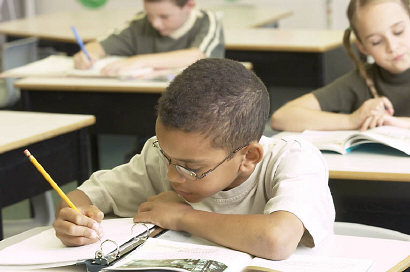Inclusion, basically, means ensuring that people belong, for example, to their education setting, local group or community. The impact of belonging affects levels of engagement and feelings of being connected. High levels of engagement and feeling connected enable everyone to overcome barriers to learning.
Inclusion is fundamentally and ethically a basic human right. I would also argue that morally we, as educators, should, as part of our duty of care, include every child, every parent, every family in our work without exception.
Inclusion is a thread that runs throughout the United Nations Convention on the Rights of the Child. It is fundamentally about respect, identity and belonging.
Inclusion is also supported through law: the 9 protected characteristics of the Equality Act (2010) are comprehensive and all-encompassing: sex; race; disability; religion or belief; sexual orientation; gender reassignment; pregnancy or maternity.
Inclusion means valuing and respecting people. It means treating people with dignity.
